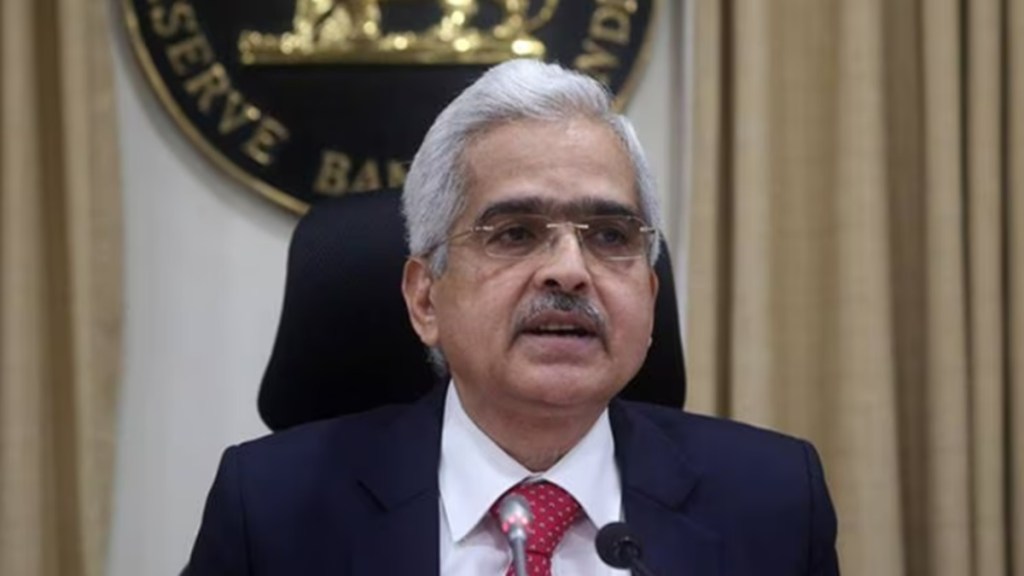India remains vulnerable to recurring and overlapping food price shocks notwithstanding the recent moderation in core inflation, Reserve Bank of India (RBI) Governor Shaktikanta Das said on Thursday.
“In these circumstances, monetary policy remains watchful and actively disinflationary to progressively align inflation to the target, while supporting growth,” he said in a speech at the Symposium on Indian Economy 2023. The speech was organised by Institute of Indian Economic Studies in Tokyo.
India’s retail inflation fell to a three-month low of 5% in September from 6.83% in August.
However, it remained above the RBI’s 4% target.
In its latest meeting, RBI’s monetary policy committee projected retail inflation to ease to 5.4% in 2023-24 (April-March) from 6.7% a year ago.
The retail inflation data for October is due on November 13.
RBI’s top boss acknowledged that the global economy is facing a plethora of macroeconomic and geopolitical shocks. The recent developments in West Asia have added to the litany of challenges for the global economy.
“Policymaking in this scenario becomes extremely challenging with difficult trade-offs — growth versus inflation; price stability versus financial stability; and current exigency versus future sustainability. There is always a risk of doing too little or doing too much,” he said.
On the other hand, the Indian economy has seen an improvement in macroeconomic fundamentals and buffers.
The balance sheets of banks and corporates are healthiest in a long time and with the public investment push by the government, they create favourable conditions for a sustained revival in investment.
Also, consumer confidence, as evident from our surveys, is on a rising trajectory since the pandemic lows.
“Our external sector inspires confidence as we are reaping export opportunities, in the services sector; our current account deficit remains eminently manageable; and we have bolstered our forex reserves to deal with potential eventualities,” Das said.
He added that the RBI remains agile and continues to fortify macroeconomic fundamentals amid the current environment even as the economy has weathered various challenges in recent times.
Separately, Das said that there are many opportunities for India and Japan to collaborate in frontier technologies such as space technology, artificial intelligence, quantum computing, rare-earths extraction, semiconductors and resilient supply chains, and other areas.
The linkage of fast payment systems of India and Japan in order to make cross-border payments more efficient and less costly.
